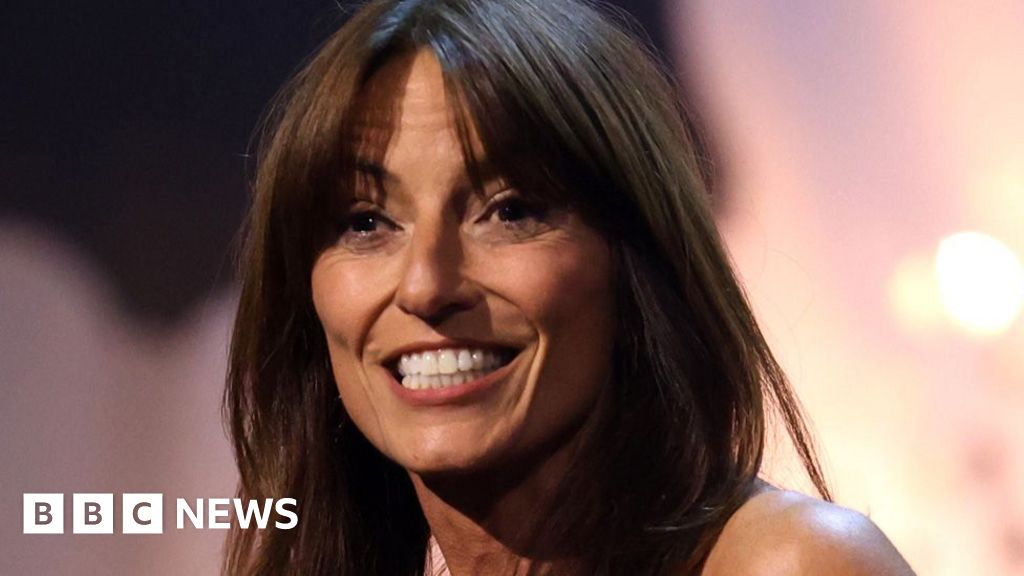ARTICLE AD BOX
Image source, Getty Images
The government has asked media regulator Ofcom to review the Russia Today (RT) news channel's broadcasts in the UK.
Culture Secretary Nadine Dorries told Ofcom the channel "is demonstrably part of Russia's global disinformation campaign" during the Ukraine crisis.
"It is essential that the UK looks to limit Russia's ability to spread their propaganda at home," she said.
Ofcom has pledged to examine complaints about the crisis "as a priority".
RT said the UK government was interfering in institutions that were supposedly free from political pressure.
The channel is available to millions of homes in the UK via Freeview and subscription services.
Watch: Starmer calls Russia Today Putin's "personal propaganda tool"
In a letter to the regulator, Ms Dorries said she was concerned that the channel would "look to spread harmful disinformation about the ongoing crisis in Ukraine here in the UK".
In the House of Commons on Wednesday, Labour leader Sir Keir Starmer described the channel as the "personal propaganda tool" of Russian President Vladimir Putin, and called on Boris Johnson to review its licence.
The prime minister replied that the culture secretary "has already asked Ofcom to review that matter".
He added: "But what I will say is that we live in a in a democracy, and we live in a country that believes in in free speech. And I think it's important that we should leave it up to Ofcom rather than to politicians to decide which media organisations to ban. That's what Russia does."
On Tuesday, an Ofcom spokesperson said: "All licensees must observe Ofcom's rules, including due accuracy and due impartiality. If broadcasters break those rules we will not hesitate to step in.
"Given the seriousness of the Ukraine crisis, we will examine complaints about any broadcaster's coverage of these events as a priority."
RT deputy editor-in-chief Anna Belkina said: "Always a joy to see Western and particularly British politicians finally drop their hypocritical disguise in favour of open interference in institutions they touted as supposedly totally independent and wholly free from political pressure and interference."
In 2019, Ofcom fined RT £200,000 for "a serious breach" of impartiality rules in its reporting of the Salisbury poisonings and the conflict in Syria.
In the digital age, information is super-abundant. Cyber war, misinformation and propaganda have never been more prevalent. This puts huge strain on the commitment liberal democracies feel toward the principle of free speech - something the prime minister, a former journalist, reiterated today.
For Ofcom, the question is whether the heightened importance of winning hearts and minds on either side of the Ukraine conflict means RT is unfit to broadcast. Its track record is clear.
For Britain, a judgement needs to be made on the issue of harm. Allowing RT to propagandise on Russia's behalf keeps Britain on the moral high ground and upholds a key democratic principle - the right of people to say what you do not want to hear. Taking RT off air would also provoke retaliation.
But misinformation has consequences. Ofcom is independent, but doesn't exist in a political vacuum. The culture secretary's letter gives Ofcom political cover for a strong intervention.

 2 years ago
23
2 years ago
23








 English (US)
English (US)